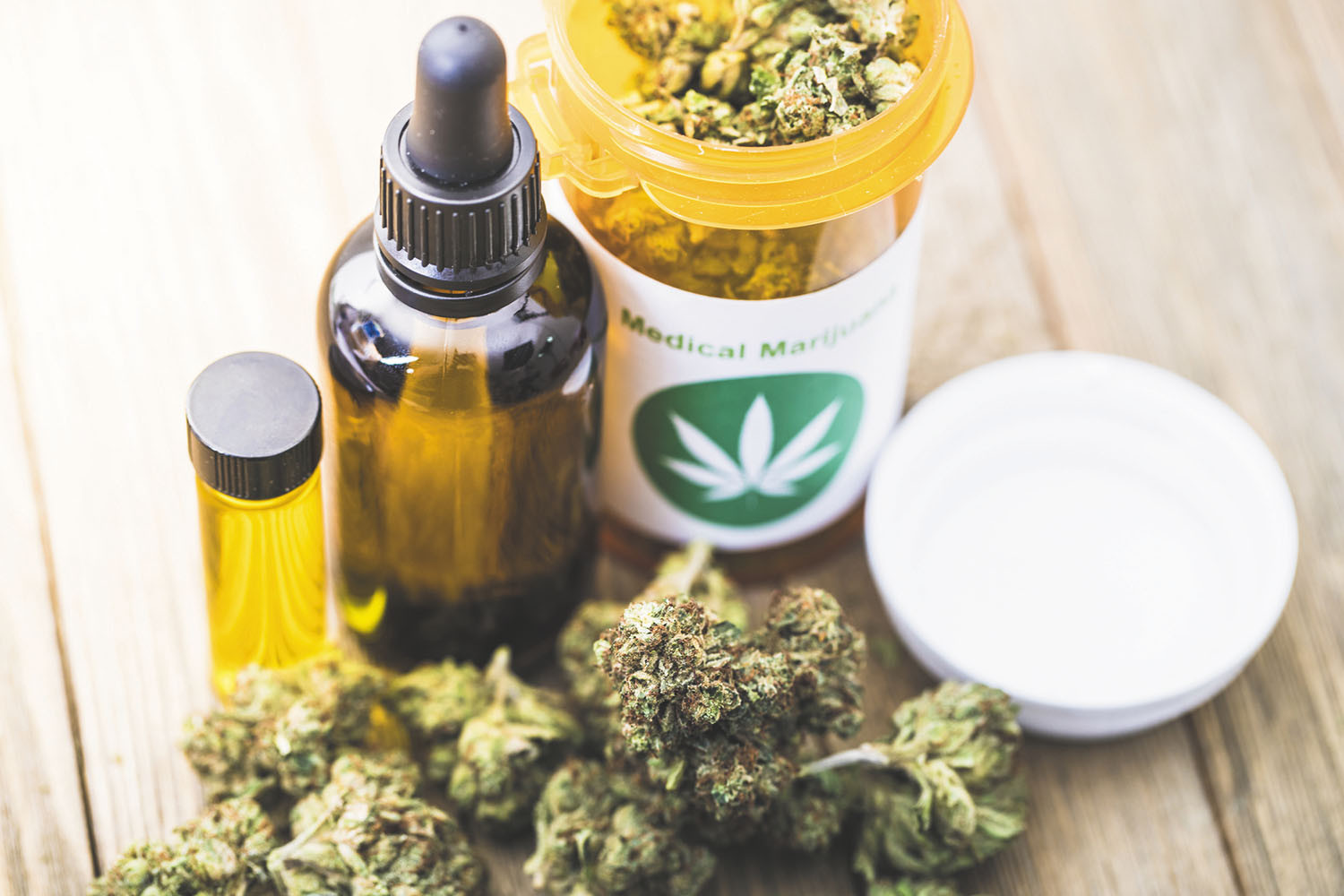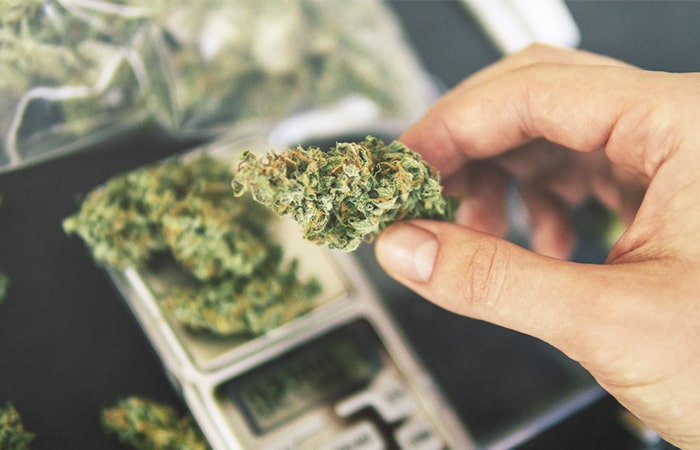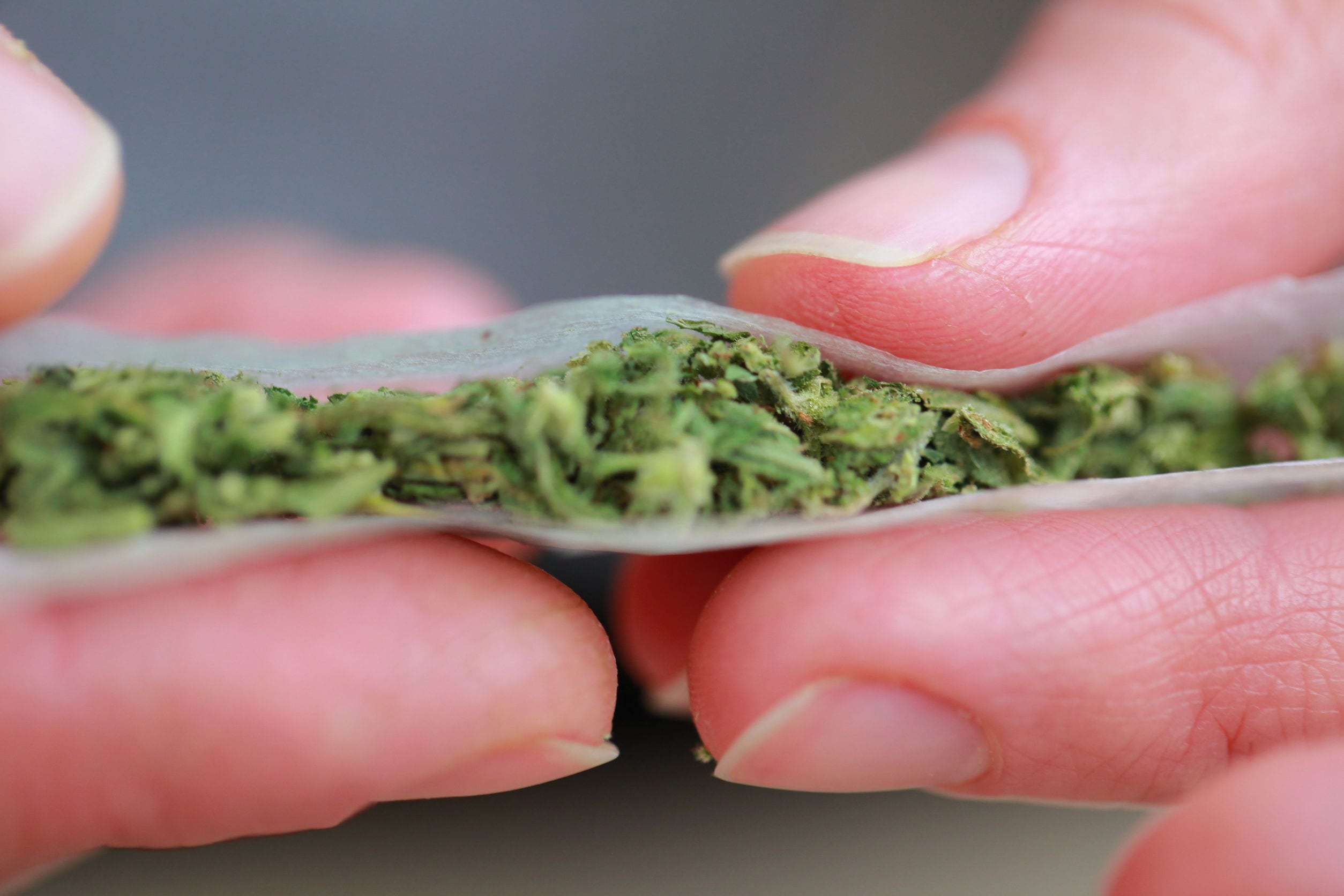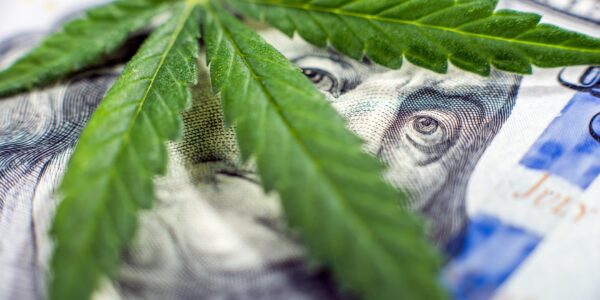Marijuana Side Effects Find Help To Quit Smoking Pot Before Long Term Damage Is Done
Why should you find help to stop smoking pot today? Pot may give a sense of relaxation, euphoria, happiness and many other seemingly nice side effects, it’s the ones you brush to one side that are doing the damage. That cough in the morning, those blank moments when you can’t remember the very thing you was talking about 2 seconds ago.
4 Best Delta 8 THC Products In 2021 are listed at the online site to provide the benefits to the individuals. There are long term results available on the health of the people. There is no damage to the health of the people. The finding of the correct products is possible at online platform.

There are many places where you can get advice & find help to stop smoking pot. Sadly, because pot has become more socially acceptable the problem now is peoples failure to recognize the real dangers.
Smoking marijuana in a joint with tobacco is now known to be 4 times more harmful than cigarettes alone. Cannabis smoke adds another 400 chemicals to the thousands already contained in the tobacco some of which are known carcinogens. The risk of lung cancer, asthma and emphysema are just a few of the bronchial diseases that you increase the risk of getting through smoking pot.
Add to that low sperm count, erectile dysfunction, reduced ability to conceive and a list of mental illnesses including depression and alzheimers disease. I hope that you can now see that the short high that you get from a joint is just not worth it. Even if you have control of the habit, the long term health risk is far too great.
Not really considered as a side effect is the impact on families and loved ones. Although cannabis is regarded as a soft drug it has become a serious problem to many of those who use it and those around them. One of the most damaging side effects is the social impact which is caused simply by regularly using the drug. Most tokers will lack motivation, have a lower than normal self esteem and lack routine. Regular users often end up unemployed or in low paid employment due to the lack of motivation.
Some of the nicest people I have met and know now smoke marijuana and I used too. When I was young I remember how we used to laugh at the bout’s of short term memory loss. I have seen cannabis stop good people reaching their potential, put one of my loved ones into mental hospital and wreck good friends lives. Yeah we used to laugh, but we ain’t laughing now.

Have you tried to give up and failed many times before? Don’t worry I’ve been where you are now and I made it through and so can you. Maybe if you keep failing on your own you should find help to quit smoking marijuana. You can find out how I gave up on my website http://quitweed.net/how-to-stop-smoking-pot. Good luck.
Massachusetts Targeting Cannabis Black Market With Low Tax Rate
Most of the states legalizing recreational cannabis are doing so while seeing big dollar signs. Exorbitant cannabis tax rates make consumer prices barely competitive with black-market offerings, so the street trade continues to thrive. In November, Massachusetts residents are voting on an interesting alternative. Currently, Massachusetts’ state sales tax is 6.25 percent. Voters will be deciding whether to legalize cannabis for adults to consume at their own discretion and set the additional cannabis tax at just 3.75 percent, for an effective tax rate of 10 percent.
Get More Info about the side-effects and addiction from the online site. You need to gather complete details about the products to have the desired results. Ensure that you are not getting them from the black market that can offer adverse effect on the health of the people.

Tax attacks
The few states that have legalized recreational/discretionary cannabis have tax rates that are considerably higher. Colorado has a very low 2.9 percent sales tax but adds 10 percent for cannabis. That’s almost 13 percent; and Oregon’s effective rate of 25 percent and Washington’s 37 percent are, by contrast, astronomical.
An extra tax is justified because, as long as we deny that this is just a plant that grows from the earth, newly legal cannabis requires a whole new hierarchy of officials and inspectors and regulators. To a lot of commonsense folks, building and funding a whole new body of government to control one particular plant species seems pointless and wasteful at best. But cannabis is still considered a drug, not a food, so it can’t just be regulated as produce. And it’s cultivated, so the agricultural commissions have to ensure that deadly pesticides are not used. Add the laboratories needed to test levels of tetrahydrocannabinol (THC), cannabidiol (CBD), and other cannabinoids, and there are a lot of people who require an income.
So, why is Massachusetts considering a much lower tax rate? Simply put, they want to make it next to impossible for illegal suppliers to stay in business. In high-tax states like Washington and Oregon, dealers can still sell cannabis on the black or gray market and make plenty of money by undercutting the state dispensaries’ prices. As a result, young urban dwellers are still drawn to the drug trade, and still get arrested for it—at a much higher rate for non-white offenders than those of European descent—which has been the actual goal of “marijuana” prohibition from the outset. Seen in this way, prohibition itself fosters criminality, mistrust of law enforcement, enormous waste of taxpayer dollars, and systemic racial discrimination.

Going after the “black” market
Massachusetts voters have an opportunity to slash the black market’s profit margins, in hopes of having nearly all cannabis sales in the state occur under regulation. This is a smart option. Massachusetts already has a fairly high taxation rate compared to other states and so ought to be able to rationalize only a slight increase to help pay for the necessary increases in payroll and regulations.
It will be interesting to see how the various states’ approaches pan out in the long run. Oregon collected just over $25 million in six months, but will they consistently reach or exceed that number each year? And if other states continue to follow in their footsteps, will interstate “cannatourism” dollars dry up? Colorado kept 85 percent of the cannabis tax collected and grossed over $26 million, while allowing the local jurisdictions to keep the remaining 15 percent.
Much of the surplus money in Colorado has been earmarked to help with the homeless population and their school systems. These funds are being put to great use and are helping those folks who need it the most and helping the state invest in its greatest assets, its people.
We look forward to seeing what Massachusetts decides to do with their newfound surplus.
Can Legal Marijuana Compete With The Black Market
Washington State’s recreational marijuana roll out was less sterling than the Evergreen State had hoped; Financing issues, strict regulations on land usage and other aspects, and other issues have severely affected the implementation of the program says the New York Times. Out of the initial 334 vendor licenses granted, only about 20 were able to open their doors for business. Certainly the roll out has been anemic but demand has not and this situation has equated to elevated prices for consumers.

You can register at this website to buy the weed and cannabis products. The charges of the products are reasonable to offer the benefits to the people. There is a need to follow the strict regulations and rules for the purchasing of the product. The demand for the cannabis products is increasing with a click at the website.
For the roll out, one ounce in Washington State cost as much as $400. According to PriceOfWeed.com a crowd sourced site that records the price of pot all over the country, that’s about twice as much as average quality cannabis sells for normally on the black market. Though most cannabis consumers say they would prefer to purchase it legally, some wonder whether black market prices are just too alluring to ignore. So can legal marijuana compete with the black market kind? Or will the ending of marijuana prohibition see more of the same dangerous drug cartels operating a parallel black market business? The best way to answer this question is to take a look at Colorado and see how the situation played out there.
In January, prices in Colorado were just as elevated as in Washington state now. A north Denver dispensary called Medicine Man sold an ounce for $450 tax included back in January. Store receptionist and the owner’s daughter Kala Williams told Time, “The first couple of months there was literally a line out the door, so we could make that profit.” But when competitors opened up their doors, the prices started to plummet. Now six other pot shops are right in Medicine Man’s neighborhood, and prices are far more reasonable. Of course it does depend upon strain and therefore potency.

In Colorado, depending upon which strain fits your fancy, you can expect to spend anywhere from $198 to $340, tax not included. FiveThirtyEight.com did a price analysis and found that by April the average price of a recreational ounce in Colorado’s capital, as most dispensaries reside in Denver. With sales, state and city take you are looking at $242 total. Though you can find an ounce at prices up to $300 tax included
Zeroing in on what it costs within the black market isn’t easy. Prices and quality vary widely, and dealers don’t fill out a tax return, or in any other way report earnings. Some Denver residents say it’s usually between $160 and $300. If it does or doesn’t compare now, one professor at UCLA believes it will. Professor of public policy at the Luskin School of Public Affairs, Mark Kleiman, says, “If you have to hide, you have to pay premium wages because people risk going to prison. You can’t invest in expensive fixed tech because you’re worried about a raid.”



